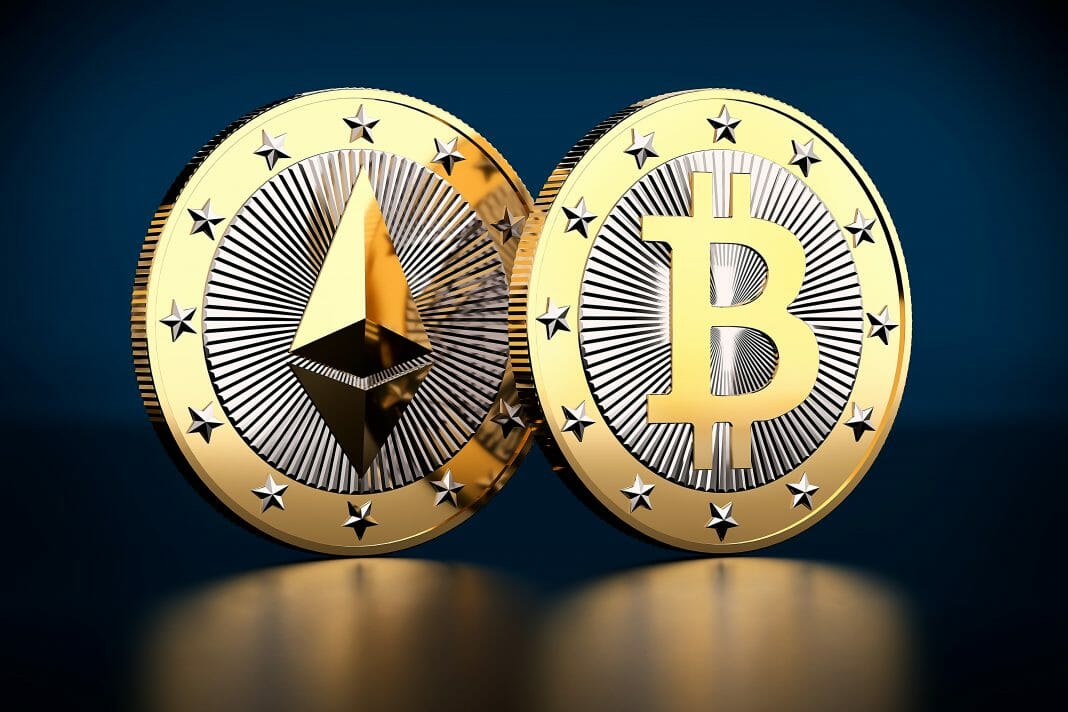The rate of new token sale growth continues at breakneck speed; indeed, recent estimates suggest that the market for token sales has gained a 4,800% during the last 3 years, with the industry now close to reaching $100 billion of capitalisation. Those are mind-boggling numbers. But during yet another important week for this new, revolutionary capital-raising mechanism, it was the regulators once again that occupied the headlines. Rules continue to be ascertained for cryptocurrency tokens, which in turn is slowly but surely providing some much-needed clarity over how they will be perceived around the world from the point of view of financial watchdogs.
Last week, it was the turn of Canada to provide such clarity. On Thursday, the Canadian Securities Administrators (CSA) issued a Staff Notice that provides businesses with details regarding the securities laws they are required to follow with regards to token offerings. In particular, the CSA said that many token sale events involve the sale of securities, and thus the laws of Canada apply if the business was conducted within Canadian borders or involved Canadian investors. As such, securities can only be sold upon receipt of a disclosure document from a securities regulatory authority; businesses and individuals involved with securities trading must officially register or apply for registration exemption, and platforms that facilitate trading in tokens classed as securities may be classed as a “marketplace“, and should comply with marketplace requirements or obtain the appropriate exemption.
While the CSA observed the new and exciting opportunities available to new businesses to raise capital, its notice seems equally concerned by pertinent issues including investor protection, volatility, transparency, valuation, custody and liquidity, and regulation. The agency has also raised the important matter that a lack of understanding on the investors’ side may also lead to painful financial consequences. It has reviewed numerous token sales that have already taken place and concluded that because many of the tokens sold were investment contracts, they would be classed as securities. Going forward, the CSA has also provided a test to determine whether a new token offering is indeed an investment contract – namely, does it involve:
“- An investment of money
– In a common enterprise
– With the expectation of profit
– To come significantly from the efforts of others”
It is clear from the CSA’s pronouncements that it aims to encourage innovation, whilst at the same time ensuring that investor protection is appropriately applied. Clearly, if both these pillars are satisfied then token sales will mature in a desirable fashion for all parties concerned.
China, meanwhile, has also made some steady progress as far as its regulation of token sales concerned. A draft of regulations concerning illegal financing was recently released by the Legislative Affairs Office of the State Council, the executive Branch of the Chinese government. And now Beijing wants to determine whether those rules could be used to help the token sales space root out illegal scammers. Indeed, the draft identifies cryptocurrency-based funding, among numerous methods, as a potential target for investigation.
 Some of the solutions for keeping scams at bay, moreover, are coming from inside the token sales community, which is encouraging to see. Take Aimwise as an example. The Chinese blockchain start-up is aiming to develop a platform that will enable companies to launch their own token sale events. The platform will also purportedly be accompanied by an incubation system that will be established in order to facilitate online discussion and market research of those intending to conduct a token offering. The incubator, it is hoped, will provide a community-driven sense trust and authentication to those companies that are deemed legitimate. Clearly, if such projects carry out their business in accordance with their stated aims, it will greatly help investors seeking to support valid projects. Last week, Aimwise announced that it will be holding its own token sale in September.
Some of the solutions for keeping scams at bay, moreover, are coming from inside the token sales community, which is encouraging to see. Take Aimwise as an example. The Chinese blockchain start-up is aiming to develop a platform that will enable companies to launch their own token sale events. The platform will also purportedly be accompanied by an incubation system that will be established in order to facilitate online discussion and market research of those intending to conduct a token offering. The incubator, it is hoped, will provide a community-driven sense trust and authentication to those companies that are deemed legitimate. Clearly, if such projects carry out their business in accordance with their stated aims, it will greatly help investors seeking to support valid projects. Last week, Aimwise announced that it will be holding its own token sale in September.
In this week’s market review, we highlight the possibility of Estonia introducing the “Estcoin”, a nationally backed digital currency which the government may integrate with its country-wide digital identification programme. There also appears to be reports suggesting that EstCoin could be managed by Estonia, but accessed by anyone in the world through the country’s e-Residency programme and launched through a government-backed token sale. Managing Director of the e-residency programme Kaspar Korjus believes Estonia is well-positioned to capitalise on the fast-growing token sale space thanks to the nation’s well-developed digital infrastructure. According to Korjus, “No other country has come close to developing both the technology and the legal frameworks that would enable them to introduce and securely manage tradable crypto assets globally.”
And Ethereum co-founder Vitalik Buterin has even weighed in on the proposition, asserting that a token sale within the e-Residency ecosystem “would create a strong incentive alignment between e-residents and this fund, and beyond the economic aspect makes the  e-residents feel like more of a community since there are more things they can do together”. Clearly, a government-backed token sale is major development for the market, and would be a huge boost for the reputational aspects of the industry.
e-residents feel like more of a community since there are more things they can do together”. Clearly, a government-backed token sale is major development for the market, and would be a huge boost for the reputational aspects of the industry.











